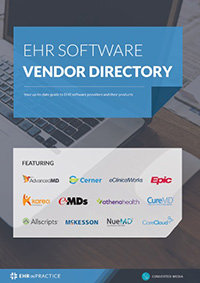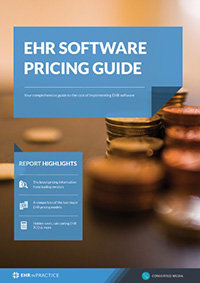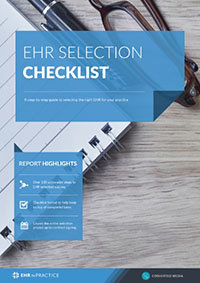Medical billing software: how it takes the strain off your finance team
Medical billing software has lightened the burden of paper-based medical billing, which was staff intensive, time-consuming and carried a high risk of costly billing errors. By shifting billing to an entirely electronic format, medical billing software has enabled practices to efficiently manage a greater number of claims than was previously possible.
In an industry where processing a high volume of claims is required to maintain revenue flows, medical billing software not only allows for practices to operate at a higher volume, but also takes the string off of financial departments by enabling them to process claims more efficiently. From the outsider’s perspective, medical billing software’s benefits are mainly in fast claim processing. However, there are many benefits that are not as well recognized that can take the strain off of your practice’s financial department:
1. Reduction of office expenses
Medical billing software can be used in lieu of either using in-house billing by medical billers or by outsourcing the service. Generally, medical billing software offers cost savings over in-house billing services which require the cost of hiring additional employees, paying a portion of their social security and insurance costs, and providing them with office space.
Get more info on medical billing features with our comprehensive EHR features guide
2. Real-time data access and analysis
When medical billing software is integrated into an existing EHR, billing data can be analyzed to look at revenue trends. In particular, it helps keep an eye on service lines that may be a hidden source of revenue and finding services that may not be provided a good return on investment. Further, medical billing software allows employees to access and update your patient billing information from anywhere.
3. Reduction of errors and audit risk
Medical billing software can help reduce the risk of errors that may be more likely to occur with traditional billing staff. When inputting massive amounts of billing material, the comparable rate of errors between humans and billing software is substantial, as software can catch common coding mistakes that even the best trained medical biller will make.
According to the Healthcare Business Management Association, error reduction not only reduces audit risk, it also captures potential lows revenue: “A large number of collection dollars is lost due to CPT codes that are not coded to the correct levels. Proper coding and clinical documentation can make or break an otherwise well-run practice.” Medical billing software can be personalized to meet specific billing needs, which in turn can reduce audit risk while also reducing lost revenue related to downcoding.
A current debate in the healthcare industry centers on the value of keeping in-house billing as compared to outsourcing or allowing medical billing software to manage practice’s billing functions. With the need for a practice’s clinical, administrative and financial functions to be coordinated and reviewed in a timely fashion it reasons that medical billing software offers the best opportunity to provide timely access to revenue data, the opportunity to make adjustments quickly and to reduce costs, audit risk and while optimizing revenue flows.
Free white paper
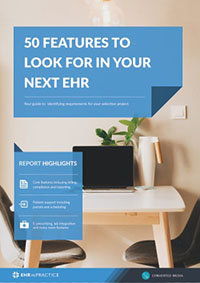
50 features to look for in your next EHR
A comprehensive guide to EHR features and how they can benefit your practice
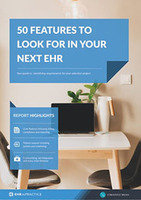
Featured white papers
Related articles
-

Top requirements for medical billing
Key features to consider when selecting an EHR for medical billing
-

4 Medical Billing Workflows Your EHR Should Support
From automated coding to payment tracking, discover the four areas where EHR medical billing work...
-

How to compare EHR medical billing modules
With the majority of EHR systems now supporting medical billing, what points of comparison can be...


